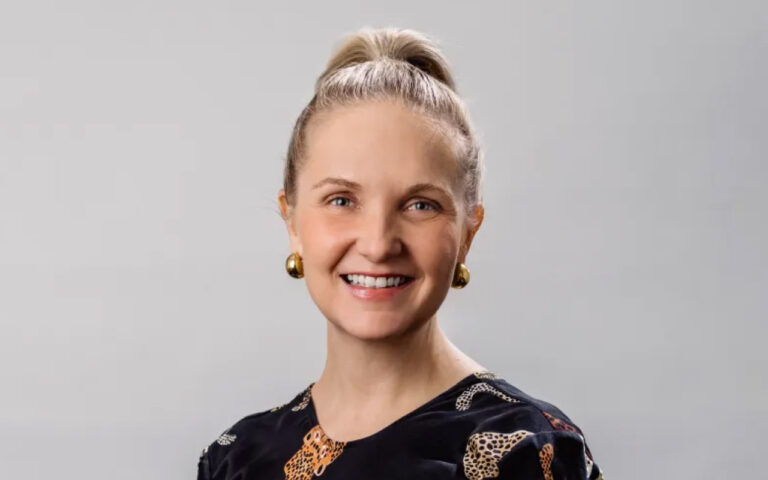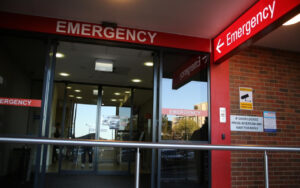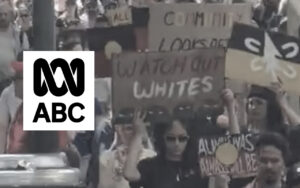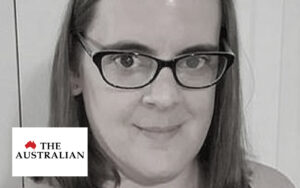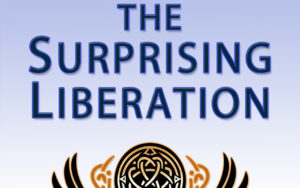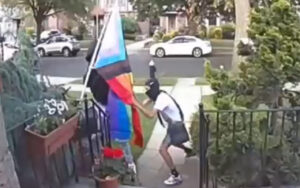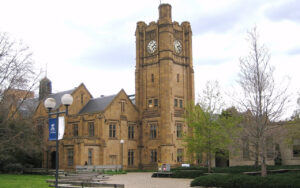Australia is set to expand a new online learning program for adolescents with mental problems or who refuse to attend school, following a recent surge in absenteeism.
The program, named BlendED, is a hybrid model of instruction aimed at students in Years 7 to 10 with ADHD, autism and anxiety in which online classes are accompanied by weekly in-person checks from a “wellbeing worker”.
BlendED also claims to be “grounded in a trauma informed practice framework” and ideal for “gender diverse” teenagers, and is designed to help “school refusers”.
The program’s website states that it is suitable for students who feel “overwhelmed by the traditional school environment, including aspects like large class sizes, school-wide assemblies, exam centres, and noisy hallways”, and for those who may be “struggling with the standard curriculum and the pressure to meet standardised benchmarks”.
BlendED was launched in Victoria in 2023 by Saints College, part of Edmund Rice Education Australia (EREA), and with over 700 enrolments since the model is now set to be expanded to other states thanks to backing from federal and state governments.
Over 100 students in years 7 to 12 in Tasmania have already enrolled for next year, with Queensland, South Australia and New South Wales soon to follow, The Advertiser reported.
EREA director of new initiatives Chloe Hand said BlendED works “because it combines high-quality, flexible online learning with personalised wellbeing support”, with students offered “a tailored learning plan, access to qualified teachers and youth workers, and regular check-ins both online and in person”.
Regarding the issue of non-attendance at normal school, Ms Hand said there were “several reasons that young people refuse to attend physical schools, including social anxiety, bullying or problems at home”.
“These young people had been dropping out of education completely, but BlendED is successfully keeping them in education which is critical to learning but setting them on a positive path in life,” Ms Hand said.
The paper also provided the example of a BlendED student called Jayden who joined the online program twelve months ago after not attending school for a year.
“Going to school and being around so many people made me feel anxious and uncomfortable,” he said.
“I like that I can be at home and do class from my bed with my laptop. I’m more comfortable and confident now. BlendED made school easier and less intimidating because they don’t put as much pressure on you as a normal school. Everyone I have met has been really nice and easy to get along with.”
Jayden also receives a fortnightly visit from a youth worker to check on his progress, and has fortnightly in-person gatherings with other BlendED students at places such as the zoo and the aquarium.
BlendED’s Victorian program provides students with a free Myki public-transport card, and access to a laptop and inclusive internet. The program also states that there are “no school fees, no booklists, [and] no uniform”.
Saints College further stipulates that BlendED offers “no punishments, ever”, with the college website adding that that the school is “on your side” and that students are “respected, loved and listened to no matter what”.
BlendED’s online classes run from 9.30 to 2.30 to comprise a total of 20 hours of tuition a week. Alongside the online classes the syllabus includes activities such as group sessions and individual teacher-time, with students encouraged to stick to the timetable to the extent they can. The school adds, however, that if students are unable to follow the prescribed schedule, “that’s ok too”.
The development of programs such as BlendED is part of a wider crisis in absenteeism in Australian schools. A recent study from the Australian Curriculum Assessment and Reporting Authority reported that over “40% of students in years 1 to 10 were missing at least one out of 10 school days.”
This has significantly worsened over the last few years, with the percentage of students attending over 90% of school days falling from 73% in 2019 to 59% last year.
This decrease has given rise to terms such as “school phobia” or “school can’t”, with an estimated 150,000 Australian teenagers who feel they are unable to attend.
This increase in absenteeism occurs alongside a rise in ADHD and autism in Australia, especially among adolescents.
Analysis from the Australian Bureau of Statistics shows a 41% increase in autism diagnoses between 2018 and 2022, especially among younger age groups, while data from the Australian Psychological Society shows an almost 300% increase in Australians given ADHD medication in the decade to 2022.
Header image: Director of BlendED schools Chloe Hand (BlendED).
